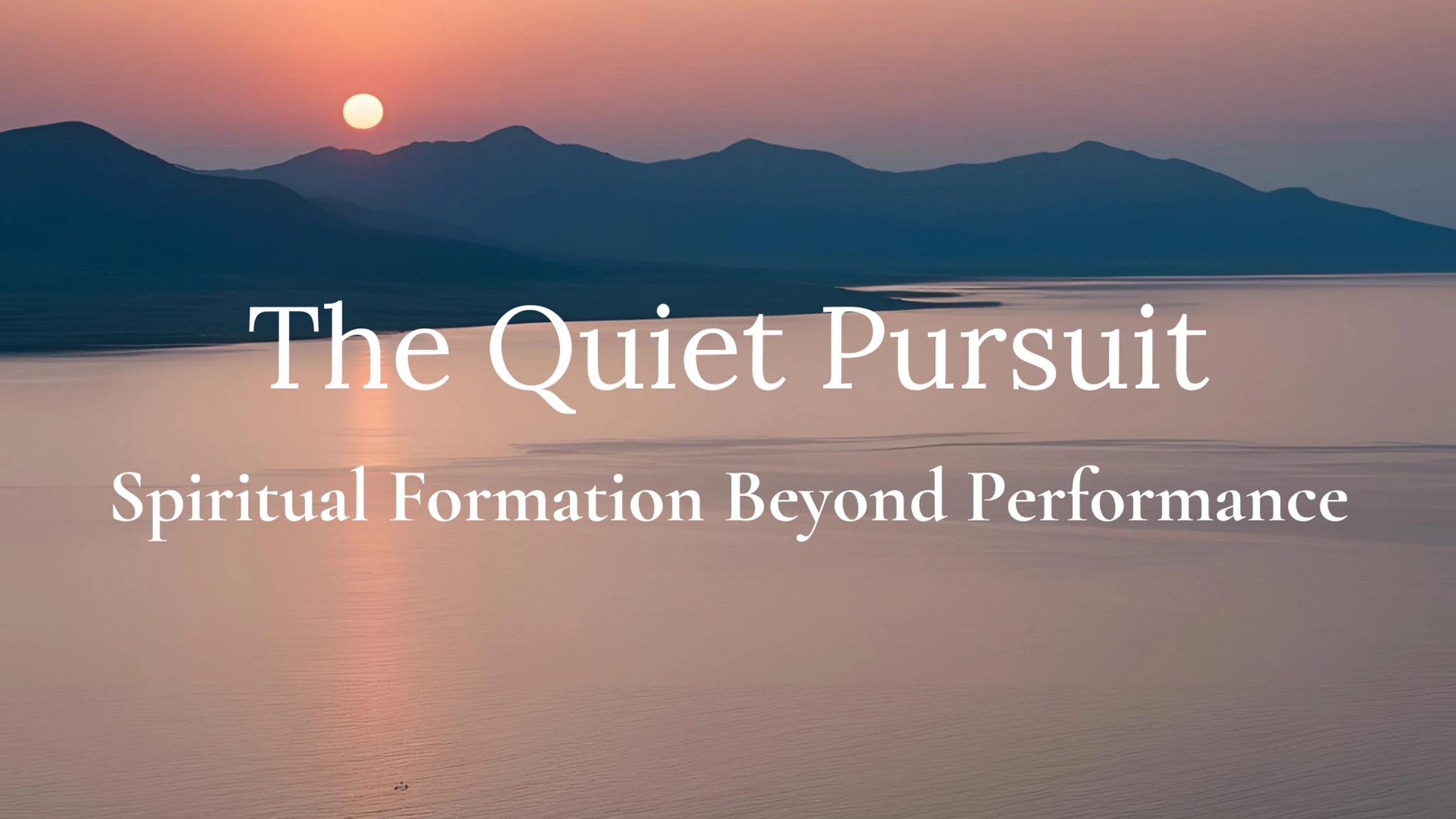Daily Bread and the Art of Trusting God

Most of us don’t wake up worrying if there will be bread on the table today. We worry about other things — the job we don’t have yet, the bills piling up, the dream that feels too far off, the gnawing sense that no matter what we do, it will never be enough.
And yet, right in the middle of the Lord’s Prayer — the prayer Jesus taught us to pray — he invites us to say these simple words: “Give us today our daily bread.”
It’s easy to skip past that line. It sounds quaint, old-fashioned. But hidden in this short request is a deep, subversive wisdom for a world addicted to more.
A Story of Manna and Enough
When Jesus told his followers to pray for daily bread, he was reminding them of a story they all knew by heart. Long before grocery stores and Amazon Prime, the Israelites wandered the desert with Moses, hungry and desperate.
God answered by raining down something called manna — flakes like frost, appearing fresh each morning. They couldn’t hoard it. They couldn’t stockpile it. They could only gather enough for one day. If they tried to save it for tomorrow, it rotted overnight.
It was a test of trust. Would they believe that tomorrow, God would show up again?
It’s almost poetic that the Hebrew word for the resin-like color of manna is the same word used to describe precious stones in Eden. In other words, from the very beginning, God’s plan was to be our Provider — to walk with us, to feed us, to be near.
Our Modern Wilderness
Most of us aren’t scooping up heavenly frost in the desert. But we still live in a kind of wilderness — the space between “already” and “not yet.” We catch glimpses of the Kingdom breaking in, but we still feel the tension of living here, now.
So what does daily bread look like for us?
It might mean praying for the wisdom to know when to plan — and when to loosen our grip. It might mean refusing to compromise our integrity just to get ahead. It might mean trusting that God sees the job search, the family drama, the medical bills — and that he is not absent.
Sometimes, daily bread is literal: food on the table when money is tight. Other times, it’s emotional: peace when anxiety comes at 2 AM. Sometimes, it’s relational: a friend’s unexpected call at just the right moment.
The Quiet Revolution of Contentment
This little line — “Give us today our daily bread” — is also a quiet protest. It pushes back on the lie that you are what you produce, that you need to hustle endlessly to prove your worth, that your future depends solely on your frantic effort.
Jesus isn’t against planning or working hard. But he knows how easily our plans become idols — illusions of control that leave us burned out and empty.
Daily bread reminds us: Even on my best day, everything I have is still a gift. I’m not self-made. I’m daily-sustained.
A Simple Prayer for Today
So here’s an invitation: Take a breath. Look around. What do you really need today?
Not tomorrow. Not next year. Today.
Ask God for it. Name it honestly. Then trust that he’s faithful to show up — maybe not always the way you expect, but always enough.
And when tomorrow comes? Pray it again. Gather the manna again. Walk with him in the garden again.
One day at a time. One prayer at a time.
May you find peace in the simplicity of this ancient line:
“Give us today our daily bread.”
